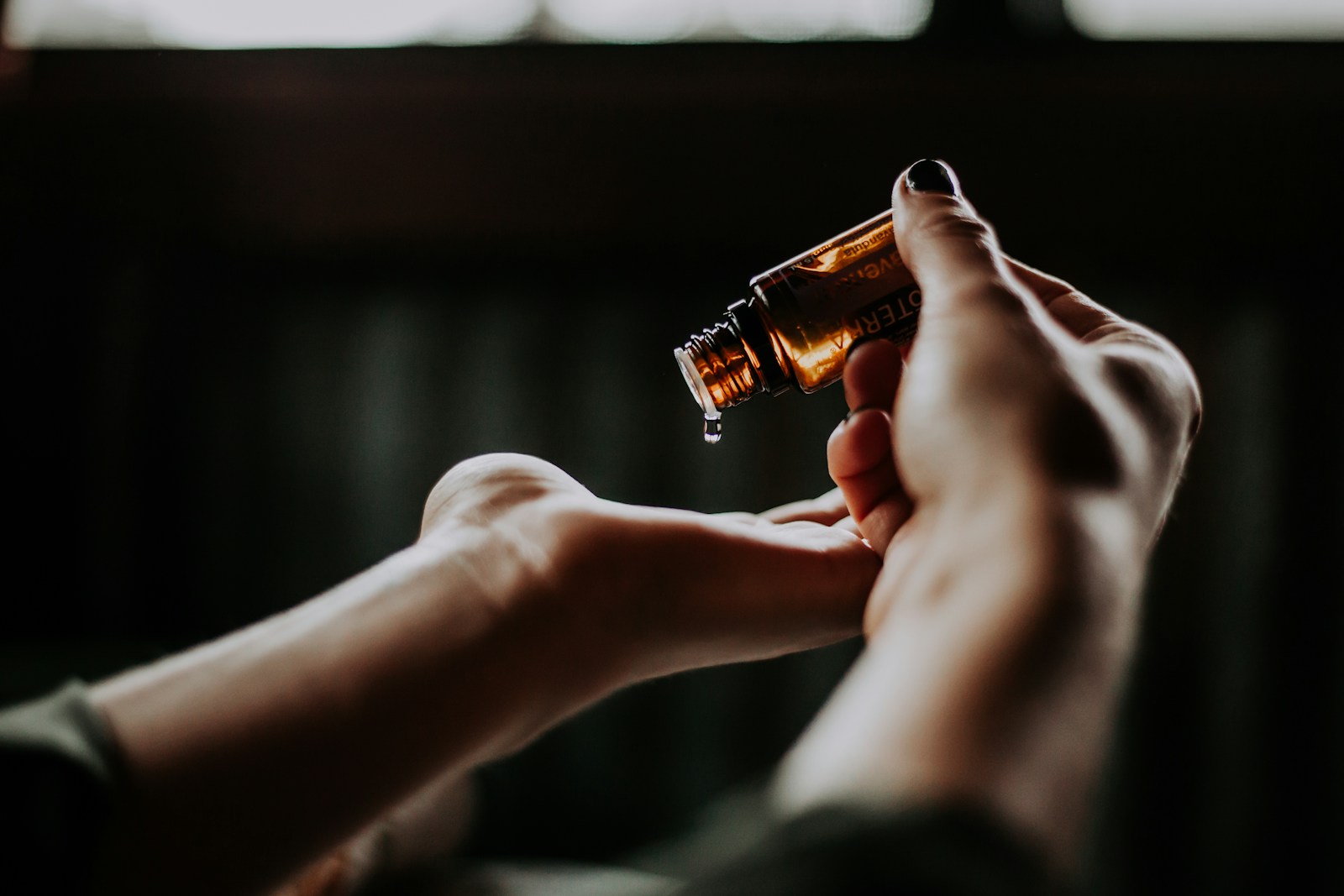
How much CBD and THC oils are absorbed?
A product may claim to contain large amounts of THC or CBD and provide powerful benefits. While this may be true, it does not explain the complex process of how cannabis is ultimately absorbed into the bloodstream, known as bioavailability. When it comes to CBD and THC oils, the amount of them that ultimately gets absorbed into your blood is usually very small.
Bioavailability refers to the proportion of a drug or other substance that enters the circulation when it is introduced into the body and can therefore have an active effect. It can be influenced by the composition of the body, physiological processes and, above all, the way you consume. While recreational cannabis is looser and can be adjusted as needed, bioavailability is critical to the plant's value as medicine. The more bioavailable the product, the more precise the dosage and the smaller the amount you need to achieve the intended effect.
RELATED: Which Is More Effective for Marijuana Patients, THC or CBD?
When taken in oil form, the effectiveness of CBD and THC is impaired. Approximately 6% of the THC or CBD contained in these products is ultimately absorbed into the bloodstream.
Photo by IRA_EVVA/Getty Images
One reason for this is that the body consists of 60% water. When compounds are presented in oil form, their effectiveness is compromised because the water in our bodies and the oil in the product have difficulty mixing. It's the proverbial oil and water. This is further compounded by the fact that oil is usually taken orally, absorbed through the gastrointestinal tract, and later enters the liver where it is metabolized. After so many stops, the amounts of beneficial compounds that end up in your bloodstream are limited.
There are a few ways to trick your body into making the cannabis more effective. You can supplement your cannabis with healthy fats like hummus, coconut oil, and avocado. You can also try butter and ice cream if you are not so health conscious and just want to have fun. Another option is to supplement with herbs. Similar to foods, certain herbs can also increase the bioavailability of CBD.
Cannabis contains fat-soluble compounds, meaning it breaks down more effectively into fat rather than water. This is why most edibles contain a high fat content: cookies, brownies, fudge, etc. Coconut oil is proven to be one of the best fats for absorbing THC molecules.
RELATED: How bioavailability will change the marijuana game
With legalization and popularity, vaping, smoking, and edibles (mainly gummies) are the most popular forms of consumption. The next round includes dabbing, topical application, or ingestion via suppositories. While there are pros and cons to each product, smoked products work well because the lungs are very permeable. Suppositories, although somewhat strange, have one of the most powerful and long-lasting effects. Topical preparations, which are usually medicinal in nature and used for pain-relieving purposes, work well because there are numerous cannabinoids beneath the surface of the skin.

Post a comment: